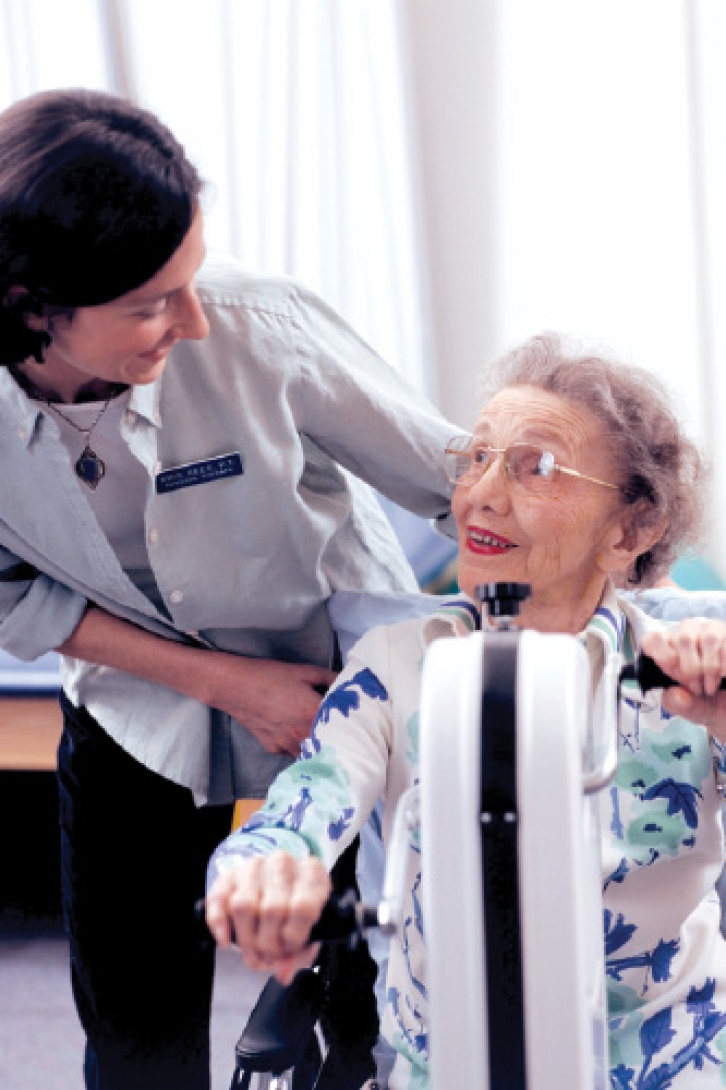Leveraging Mental Toughness to Enhance Performance in Athletic Therapy
Wiki Article
Mental fortitude is an crucial attribute that can greatly enhance performance in athletic treatment. Competitors often encounter conditions that involve time away from their activity, which can be both physically and psychologically straining. Mental resilience refers to the ability to remain robust and optimistic in the face of obstacles. It helps athletes manage the stress of injury recovery, stay concentrated on their objectives, and maintain determination throughout the rehabilitation process. By developing emotional stamina, individuals can optimize their recovery experience and return to their performance stronger than before.

A single key aspect of building mental resilience is setting realistic targets. When sportspeople are recovering, it is crucial for them to have well-defined, achievable intentions during their rehabilitation. These plans should be specific, measurable, realistic, purposeful, and time-specific (SMART) principles. For example, instead of saying “I plan to recover soonâ€, an patient might set a goal like “I will complete my physical therapy exercises three times a week for the next monthâ€. This helps patients track their progress and keep their attention on what they can influence, reducing feelings of disappointment or despair.
Another crucial factor in enhancing mental resilience is maintaining a positive mindset. Athletes should practice encouraging inner dialogue and guided imagery to foster a constructive mental environment. Affirming self-statements involves replacing negative thoughts with empowering statements. For instance, instead of thinking “I will never recoverâ€, an individual could tell themselves “I’m getting stronger with every stepâ€. Imagery can also be beneficial; patients can imagine themselves performing well in their discipline as they heal. These practices help build self-belief and reinforce the belief that healing is possible.
Supportive relationships play a vital role in fostering psychological strength during recovery. Individuals should surround themselves with supportive companions, relatives, coaches, check that and rehab specialists who understand the demands of rehabilitation. Open communication with these support figures allows athletes to express their emotions, fears, and frustrations. Additionally, sharing experiences with other injured athletes can provide a sense of community and connection that makes the process easier. Knowing others have faced comparable obstacles can foster hope and motivate patients to push through.
Finally, mindfulness practices can significantly enhance an individual’s emotional stability during treatment. Present-moment focus involves being aware of one’s internal dialogue and emotions without bias. Practices such as guided mindfulness, breathwork, or gentle movement can help athletes manage tension and mental strain related to their injury. By incorporating present-focused practices into their regular habits, recovering individuals learn to stay grounded and focused on their healing journey, rather than dwelling on what they have missed during their time off from activity. This method promotes emotional stability and encourages a healthier click attitude towards rehabilitation.